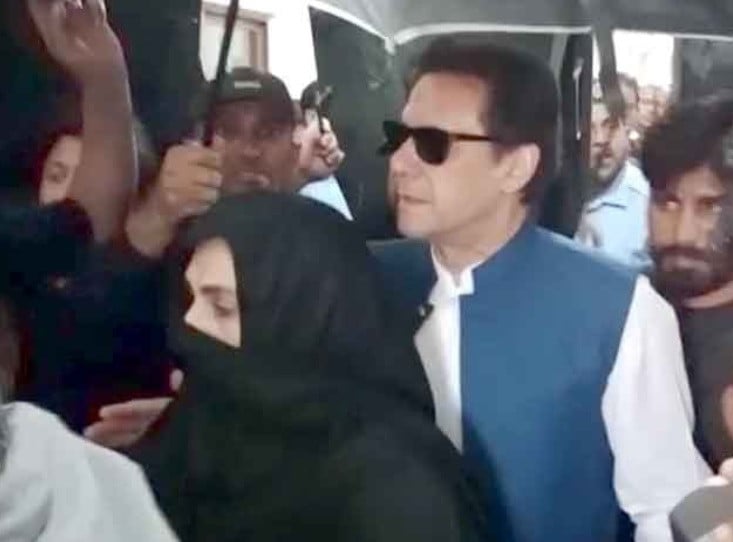
PTI founding chairman Imran Khan and the party’s vice chairman Shah Mahmood Qureshi on Friday challenged their respective sentences in the Toshakhana (gift repository) and cipher cases.
Imran, a former premier, and his wife Bushra Bibi’s lead lawyer, Barrister Syed Ali Zafar, filed two appeals, writ petitions, and applications before the Islamabad High Court, challenging the orders passed by an accountability court in the Toshakhana reference filed by the National Accountability Bureau (NAB) and the special judge adjudicating matters related to Official Secrets Act in the cipher case.
Imran and his wife were sentenced to 14 years in jail in the Toshakhana reference. The special court awarded the former premier and Qureshi 10 years’ imprisonment in the cipher case during their jail trial.
Barrister Zafar contended that the ex-premier and his wife had been erroneously convicted and sentenced by the accountability court.
The PTI founding chairman’s appeal in the Toshakhana reference read that the available evidence on record fails to establish any connection between the appellant and the alleged violation of Section 9 of the NAO 1999.
It continued that the judgment had been passed without a fair trial and due process. “Being in violation of Article 10A, the [verdict] was null and void and liable to be set aside,” it read.
It contended that the court had throughout the proceedings acted in undue haste as if the case had to be decided before the date of general elections to be held on February 8 this year.
Read Imran, wife indicted in Toshakhana case
It further read that the court illegally did not allow the appellant and his lawyers to cross-examine the prosecution witnesses.
“It is well-established that cases under the Ordinance necessitate the prosecution to substantiate allegations before drawing presumptions or inferences against the accused. In the present case, there is an absence of evidence indicating appropriation or misappropriation of any property with a dishonest and fraudulent intent to gain wrongfully. Without such proof, no offense under Section 9(a)(iii) can be deemed to have been established. The appellant, in compliance with all codal formalities, received the gifts from Toshakhana in accordance with the law.”
In the other appeal filed in connection with the cipher case, it read that the appellant had been erroneously convicted by the special court.
It contended that his conviction and sentence required immediate setting aside as they resulted from misreading and non-reading of evidence and a blatant disregard of his fundamental rights guaranteed under the Constitution along with “serious departure” from the settled principles and procedure as provided under the Code of Criminal Procedure, 1898 and Criminal Law Amendment Act, 1958.
It added that the Supreme Court had underscored the importance of the right of an accused to engage the services of counsel of his own choice to prepare a sound defence. However, it continued that the trial court “condemned a hasty approach of appointing counsel mid-trial and requiring them to argue immediately, particularly in a case involving capital punishment.”
“The Official Secrets Act, 1923 does not stipulate any provisions outlining a timeline for the conclusion of trials. However, the learned trial court has misinterpreted the law for reasons known only to the court and has rushed through the trial, depriving the appellant of a fair criminal trial,” it read.
In related development, Qureshi also filed an appeal in the IHC against his conviction in the cipher case.
The petitioner, in the plea filed through Ali Bokhari Advocate, Barrister Taimoor Malik and Salman Safdar Advocate, pleaded before the IHC that his 10-year jail sentence handed down by the special court on January 30 this year should be terminated.
He also asked the court to suspend his sentence till the final verdict in the appeal.
(With input from APP)


















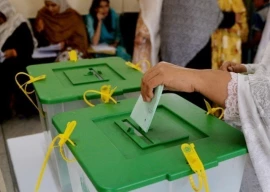



1716056648-0/IMG-20240512-WA0013-(1)1716056648-0-270x192.webp)

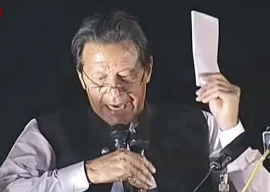
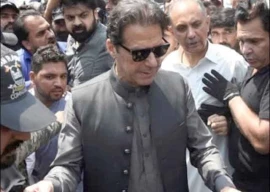
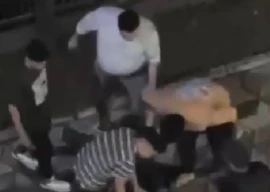
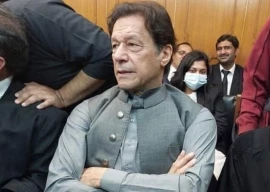
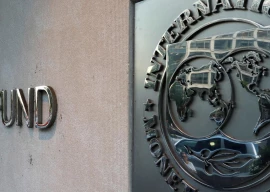

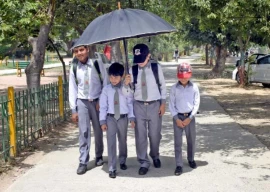
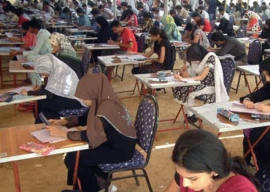




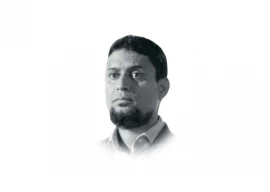

COMMENTS
Comments are moderated and generally will be posted if they are on-topic and not abusive.
For more information, please see our Comments FAQ